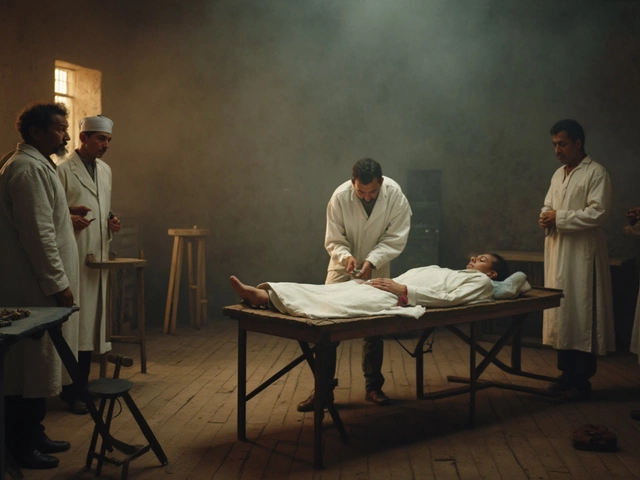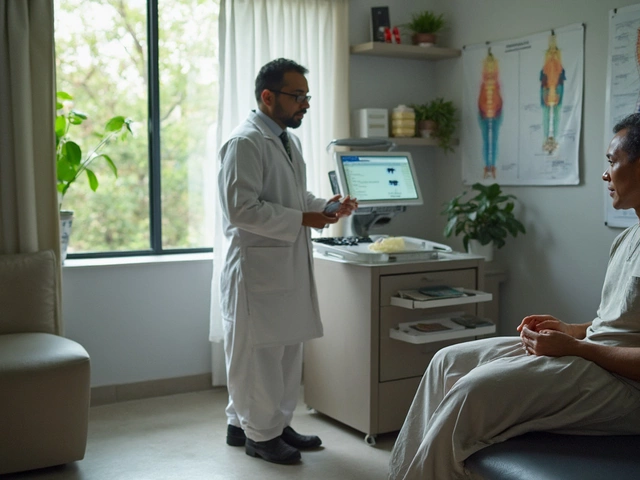Body Healing After Chemo: Simple Steps That Actually Work
Finishing chemo feels like crossing a finish line, but the real work starts when you try to get your body back to normal. You probably notice fatigue, sore mouth, and a shaky appetite. The good news is that a few everyday habits can speed up healing and make you feel like yourself again.
Nutrition and Hydration
After chemo, your gut lining can be sensitive, so bland, easy‑to‑digest foods are a win. Think cooked carrots, plain rice, boiled potatoes, and soft proteins like scrambled eggs or paneer. Add a handful of well‑cooked veggies for vitamins without the raw crunch that can irritate a sore mouth.
Water is your best friend. Aim for at least 2‑3 liters a day, but sip slowly if you feel nauseous. Herbal teas with ginger or mint can calm the stomach and add extra fluids. If plain water feels boring, try diluted fruit juices or coconut water for electrolytes.
Protein helps rebuild muscle and supports your immune system. Include lean chicken, dal, tofu, or Greek yogurt in every meal. Even a small protein shake made with milk and a scoop of whey or soy powder can make a difference.
Gentle Movement and Rest
Staying still makes fatigue worse. Short, easy walks around the house or a calm stretch routine can boost circulation and lift mood. Start with 5‑minute sessions and add a minute each day. Gentle yoga poses like child’s pose or cat‑cow help relax tense muscles without over‑exerting you.
Sleep is when your body does most of its repair work. Keep a regular bedtime, dim the lights an hour before, and avoid screens. If you wake up often, try a short breathing exercise: inhale for four counts, hold for four, exhale for four.Stress can slow healing, so give your mind a break. Listen to soothing music, read a light book, or spend a few minutes journaling about how you feel. Even a quick chat with a friend can lift your spirits.
When it comes to supplements, keep it simple and safe. A daily multivitamin covers basic gaps, while vitamin D (1000‑2000 IU) supports bone health and immunity. If you’re low on iron, a low‑dose iron supplement after meals can help, but check with your doctor first.
Watch for warning signs that need medical attention: persistent fever, new severe pain, or a sudden drop in blood counts. Keep a log of any symptoms and share it with your oncologist during follow‑up visits.
Remember, healing isn’t a race. Celebrate small wins – a meal you ate fully, an extra hour of sleep, a walk without stopping. Those tiny victories add up and get your body back on track faster than you might think.

Can the Body Fully Heal After Chemotherapy?
Chemotherapy is a prevalent treatment for cancer that comes with a range of side effects, such as fatigue, nausea, and more lasting impacts on the body. This article explores whether the human body can completely recover from these effects. It will discuss both the short and long-term impacts chemotherapy has on the body and what patients might expect in their recovery journey. Moreover, it will provide insights and tips to aid recovery.




